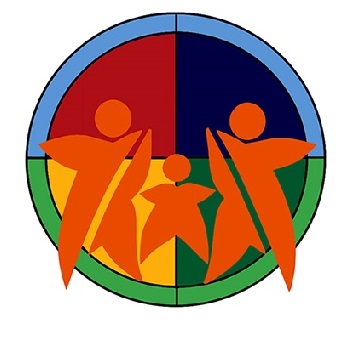Promoting First Relationships
trevor.koopPromoting First Relationships
Partnerships for Native Health is collaborating with the University of Washington’s School of Nursing and a tribal community in Montana to improve the lives of Native families. Together, we are testing a strengths-based home visiting program called Promoting First Relationships. This program focuses on meeting young children’s social and emotional needs by addressing the development of children’s attachment to their primary caregiver. We have two goals: to adapt the program to the unique needs of the local community, and to assess its effects on adult caregivers and children between the ages of 10 and 30 months. We are currently in our third year of funding. After a year of recruiting, we have enrolled 47 primary caregivers along with the 47 children for whom they provide care.







